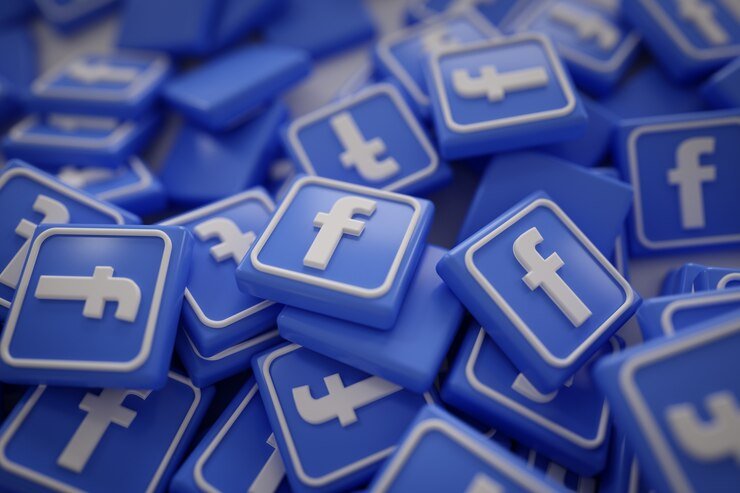Is facebook going to start charging? According to the Wall Street Journal, social media behemoth Meta may begin charging its European customers $14 a month for an ad-free Instagram and Facebook subscription. According to the report, representatives of Meta have discussed the concept with EU privacy regulators, digital competition regulators in Brussels, and privacy regulators in Ireland.
In accordance with the EU’s new Digital Markets Act, Meta was also given the status of “gatekeepers” last month. In addition to placing other limitations, the act forbids businesses from combining user personal data from all of their services. In an effort to safeguard European internet users and promote competition in the US giants’ dominated business, the European Union has been constructing stricter regulations for the large IT sector.
According to the WSJ article, Meta intends to charge users in Europe roughly 10 euros, or $10.46, per month for a desktop Facebook or Instagram subscription, with an additional 6 euros for each additional account.
Meta would also account for the commissions that Google and Apple’s app stores charge for in-app purchases, which would result in a monthly subscription fee increase to about 13 euros on mobile devices.
In order to give customers the option of paying for Facebook and Instagram services without any advertisements or continuing to access the social media platforms with targeted ads, Meta informed regulators that it planned to launch the subscription no ads (SNA) plan for users in Europe in the upcoming months. The newspaper pointed out that it’s unclear if Irish or Belgian regulators will deem Meta’s new SNA strategy compliant with EU laws.
Facebook Verification Subscription
The parent corporation of Facebook and Instagram, Meta, revealed on February 19th that a paid account “verification” service would be put to test.
During their early testing, the fee of $11.99 for computers and $14.99 for smartphones is only available in Australia and New Zealand. It appears that Twitter’s decision to charge $7.99 for verified accounts as inspiration for this adjustment was taken.
Without a doubt, Meta’s stock price has dropped dramatically from its peak, thus this drastic change in strategy to increase income is not shocking.The new verification subscription would enable anyone over the age of 17 to get verified with a government-issued ID in order to avoid the issues Twitter encountered when it extended verification to everyone. Previously, getting confirmed was free and only available to public personalities.
According to Meta, having verified accounts costs the business more, and this strategy will make it harder for scammers to generate phony verified accounts.
In the first half of 2023, the business had 257 million Instagram users and about 258 million Facebook users per month, according to Meta estimates. But the question still arises that Is facebook going to start charging from users.
Is facebook going to start charging?
So short of answering the question Facebook will not begin charging consumers for using its services. This is a fake rumor that has been going around social media for a while and has no real basis.
The lone exception is the Meta verified subscription, an optional service that lets certain users purchase Facebook and Instagram verification badges. The usual use of Facebook, which is still free for everyone, is unaffected by this. Any messages or posts that make such claims should be ignored as they are scams or hoaxes.
Sort Conclusion:
In conclusion, it is untrue and unfounded to say that Facebook would begin charging users $7.99 a month for access to its services. Facebook does not charge users anything; instead, it makes money by displaying adverts to them. The lone exception is the Meta verified subscription, an optional service that lets certain users purchase Facebook and Instagram verification badges. The usual use of Facebook, which is still free for everyone, is unaffected by this. Any posts or messages that make such claims should be ignored by users as they are scams or hoaxes. If people come across them, they ought to report them on Facebook as well. Facebook links billions of people worldwide for free, and it has no intentions to change that anytime soon.






